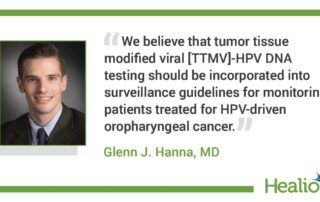Grim reaper tattoo used in throat cancer reconstruction
Source: www.bbc.co.uk Author: staff Surgeons used skin from a man's arm - including a tattoo of the grim reaper - to reconstruct his tongue and voice box in a life-saving operation. Colin Reilly from Bristol, had to record his own voice before surgery in case he lost the ability to speak in the operation to remove a tumour. As part of the operation his jaw had to be split and the lower half of his face reconstructed when it was completed. Mr Reilly said there is "not enough" he can do for the hospital that saved him. Mr Reilly, 50, was diagnosed with throat cancer in 2020 and an endoscopy found a tumour at the back of his tongue. Between October and December 2020 he underwent six weeks of radiotherapy and was fed through a tube, but it became clear the tumour was very advanced and without treatment Mr Reilly would have six months to live. The grim reaper tattoo was taken from his forearm Mr Reilly amazed doctors when he was able to speak soon after the surgery Ear, nose and throat specialist Dr Oliver Dale said he was willing to carry out the surgery at the Bristol Royal Infirmary, despite the position of the tumour making the surgery high risk - with the chance Mr Reilly would not be able to speak or eat again. "Mr Dale was amazing," said Mr Reilly. "He told us that he believed he could do the surgery, despite [...]

